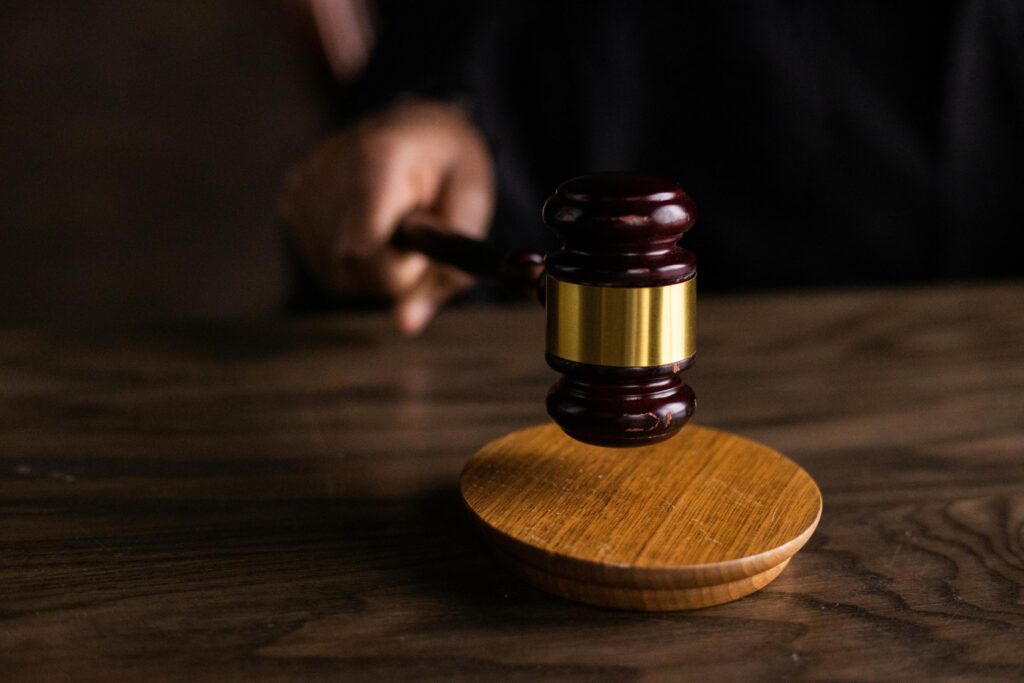A South Korean court has ordered a social media user to pay Ksh46,315 for defaming the virtual K-pop boyband Plave, marking one of the first rulings on defamation involving virtual idols. The five members of Plave are animated characters voiced and brought to life through motion-capture technology by anonymous performers. While the group’s members are not physically present, their characters have gained immense popularity, with millions of followers across platforms like YouTube, where they post music videos and vlogs.
The incident began in July 2024 when the defendant made a series of derogatory social media posts about the group, including profane comments targeting the avatars. The posts included statements implying that the real people behind the characters might be unattractive and labeling them with negative stereotypes. The defendant defended these comments, arguing that the insults were aimed only at the fictional avatars, not the real-life performers. However, the court dismissed this defense, asserting that attacks on virtual idols with established real-life representations could still harm the actual individuals behind them.
The agency representing Plave, Vlast, filed a civil lawsuit, seeking Ksh601,913 in damages for each of the five performers, claiming emotional distress caused by the offensive remarks. The court, however, ruled in favor of the plaintiffs but awarded a significantly lower amount—Ksh9,260 per performer. The court’s decision took into account the severity of the comments and the broader context surrounding the case.
Plave’s rise in the K-pop industry has been swift, with their music and presence at major award shows solidifying their status as virtual idols with substantial fanbases. Despite being digital creations, their influence and success have sparked debates about the legitimacy of virtual idols as part of the modern entertainment landscape. This legal case has further raised questions about how such virtual entities should be treated in legal matters, especially concerning defamation.
Vlast has since appealed the court’s ruling, arguing that the case sets a crucial legal precedent for defamation involving virtual avatars. Supporters of virtual idols highlight that such figures help alleviate the pressures faced by human idols, who are often subjected to intense public scrutiny. The outcome of this case could significantly influence how virtual and real-life performers are treated under the law in South Korea’s rapidly evolving entertainment industry

